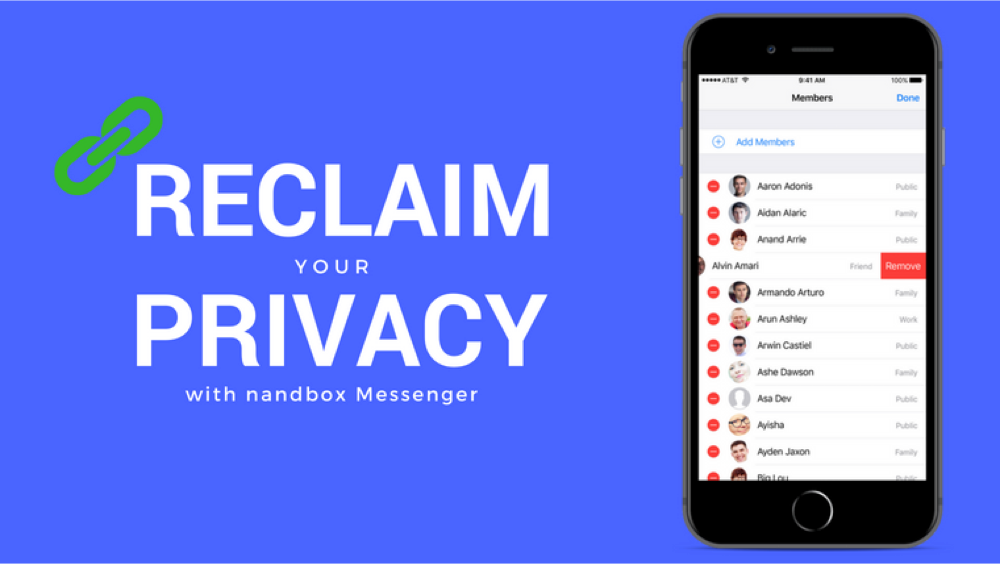What is the process of mobile app development? It is a collection of procedures and tasks related to creating mobile software. In other words, creating mobile apps includes creating programs for a variety of portable devices, including tablets, smartwatches, phones, and other portable devices. Even web designers need to consider how mobile-friendly their systems are and ensure that their websites display properly on mobile devices. Developing a mobile app can be a complex process, but following best practices can help ensure a successful launch and a positive user experience. From planning and design to testing and marketing, here are some of the key practices to keep in mind when developing your mobile app.
Utilizing all the functions that contemporary cell phones have, such as cameras, GPS, Bluetooth, and near-field communication, can be challenging. These capabilities increase the complexity of app creation while also providing new options for mobile app developers. To stand a chance against web applications in this cutthroat industry, the finest app developers are compelled to cram all the functionality into the less capable hardware of mobile devices.
Why Do Apps Fail?
There are a lot of people who ask this question. The million-dollar answer to this question is in a little more detailed form. There are a lot of factors that could lead to the failure of any app. Let us discuss them thoroughly:
- Not offering a unique value proposition: This means that many businesses, especially startups, fail to come up with a unique idea or a certain selling proposition and start copying competitors. This leads to repetition in the market and a lack of credibility from the users’ side.
- Poor user experience: According to the most recent Intechnic survey, 80% of users who find an application difficult to use give up after three or fewer attempts. Longer page loads, confusing feature accessibility and navigation, and a drawn-out registration process are frequently to blame for customers’ dissatisfaction with mobile applications.
Additional Reasons Why Apps Might Be Failing
- Failure to solve a certain market problem: Some businesses do not provide a solution to a specific problem in the market because they are unable to identify a specific user problem. Your application cannot be successful if it is perfectly functional, offers a wonderful user experience but fails to address a unique issue that users encounter.
- A poor monetization strategy: Businesses conduct extensive research, identify customer concerns, and create an app that best addresses the issue—yet they are still unable to generate revenue from it. All of this is a result of the absence of a thorough monetization plan. You might attract users if you just create an app and release it, but you won’t be able to make money from it. In the following part, we’ll go into greater detail about the monetization techniques.
The following are some of the top mobile app development best practices:
Define Your Target Audience and Their Needs
This is, by far, the most crucial step that you are obligated to take. When you define your target audience and decide that you’ll develop an app that meets their needs, people will immediately start to recognize your app from the thousands of other applications on the app stores. To define your target audience, ask yourself: Who will be using my app? What problems or challenges do they face that my app can solve? Conduct market research and gather feedback from potential users to ensure that your app meets their needs and expectations. This will help you create a user-centered design and improve the chances of a successful launch.
Focus On User Experience and Design
This is another pillar of our mobile app development best practices guide. Ever downloaded an app because people just loved how it was designed? I’m not addressing shallow interests here, but that is really a thing. I myself downloaded several apps because of the nice graphics, design interface, and other things that enhanced my experience as a user and lured me in with their amazing aesthetics! Simply put, user experience and design are crucial factors in the success of a mobile app. Your app should be easy to navigate, visually appealing, and intuitive to use. Consider the user’s journey through the app and make sure it flows smoothly. Use clear and concise language, and avoid cluttered screens or confusing layouts. Test your app with real users to gather feedback and make improvements before launching. Remember, a great user experience can lead to positive reviews, increased downloads, and user loyalty.
Test, Test, and Test Again
Testing is a critical part of the mobile app development process. It’s important to test your app thoroughly to ensure it’s functioning properly and providing a great user experience. Test your app on different devices, operating systems, and network conditions to identify any bugs or performance issues. Identifying what will be wrong with your app from the early developmental stages will help you fix the glitches or bugs early, which will provide a better user experience for your app users.
We won’t lie to you and tell you that apps work seamlessly from the very first build; however, if you always work on making it bug-free and working perfectly, your app will be at the top of the app stores in the future (we hope it is the near future, of course). Use automated testing tools to save time and increase efficiency. Don’t forget to test for security vulnerabilities and data privacy concerns. Regular testing and updates can help ensure a successful launch and ongoing success for your mobile app.
Optimize for Performance and Speed
One of the most important factors in creating a successful mobile app is optimizing for performance and speed. Users expect apps to load quickly and run smoothly, so it’s important to minimize load times and reduce lag. This can be achieved through various techniques, such as optimizing images and videos, reducing the number of HTTP requests, and using caching and compression. Additionally, consider using a content delivery network (CDN) to improve app performance and speed for users across the globe. By prioritizing performance and speed, you can create a positive user experience and increase the chances of a successful app launch.
Implement Security Measures
Security is a critical aspect of mobile app development, as users entrust their personal information to your app. Implementing security measures can help protect user data and prevent unauthorized access. Some best practices for mobile app security include using encryption to protect sensitive data, implementing two-factor authentication, and regularly updating your app to address any security vulnerabilities. Additionally, consider conducting regular security audits to identify and address any potential security risks. By prioritizing security, you can build trust with your users and ensure the long-term success of your app.
Why Should You Develop an App from the First Place?
Why should you enter the mobile app development industry, given the challenges and likelihood of failure? What advantages of developing mobile applications outweigh their drawbacks? This is a very important question, and you should be sure of its answer. To make it easier for you, we will answer this question in a way that makes sense to us. A mobile app is of great importance nowadays. That is because apps are overtaking websites for their ease of navigation, cost effectiveness, and practicality. Let us discuss all of these in detail:
Additional and Better Sales
An application can boost your sales effectively. Users can purchase your products or services without having to go to places and put in much effort. That is why, during the 2019 pandemic, most of the online services won over the offline ones in terms of sales and productivity. That is why a lot of people are now converting to online systems and services. It has proven to be very effective and helps a lot of people save time and effort by purchasing everything online. Additionally, a business can generate an additional revenue stream from advertising by marketing other products. If your app is successful enough, you can also charge for additional services or sell subscriptions. Finally, you can market non-personally identifiable user data to data collectors.
A More Affordable Method of Customer Service

If you incorporate conversations or at least provide the most basic information, an application can serve as a call center and provide technical help. This can be achieved through the utilization of virtual call center software. This can be achieved through the utilization of virtual call center software. Your clients will be able to gather some of the information they need directly from your app, rather than calling your business with a question about your product. Instead of having an internal team, this solution improves the user experience and serves as a more affordable method of customer care. Implementing campaign calling center software can further enhance your customer engagement strategies, allowing for targeted outreach and personalized communication to drive campaign success.
An App Will Help You Leverage Lead Generation
In order to turn them into consumers, lead generation includes recruiting potential customers through blog posts, surveys, discounts, job applications, and other internet content. Lead generation is effective because, instead of making cold calls, you can get in touch with someone who has previously expressed interest in your product and is already familiar with your brand.
Software Requirements Specification: What Is It Exactly?
It is now time to determine the key features and tech stack for your project and create a Software Requirements Specifications document (SRS document) after outlining your objectives and strategies. You may easily explain your application concept to your stakeholders by displaying an SRS document to them. It includes a thorough explanation of the objectives, plans, tools, features, and so forth.
Final Thoughts on Mobile App Development Best Practices
Now that you know the top mobile app development best practices, let’s talk business. Developing an app might sound complicated and intimidating. The thing is, by hiring a developer, it might actually be that. That is exactly why we have the perfect solution for you. nandbox’s native no-code app builder helps you create apps from scratch without having to use a single line of code.
Furthermore, you get a set of pre-made templates that you can customize based on your preferences. Additionally, you will be faced with various features and modules that will help you create a seamless app for your business. Upon signing up, we provide you with a free trial that will help you familiarize yourself with the whole app builder’s navigation process. Sign up for nandbox’s native no-code app builder and develop an app that will help empower and strengthen your business more!





